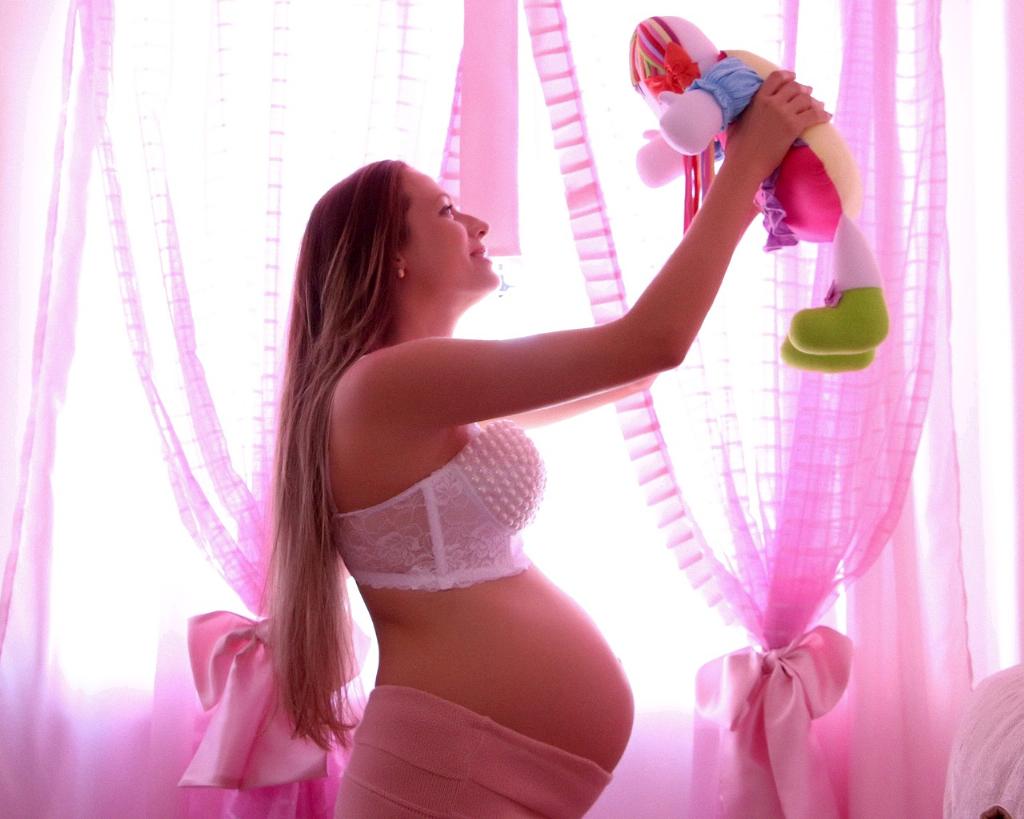When it comes to taking a pregnancy test, timing is crucial. The most effective time to take a pregnancy test is after your period is late. This is when pregnancy tests work the best and provide the most accurate results. If you suspect you might be pregnant or have missed your period, it’s a good idea to take a pregnancy test as soon as possible to confirm your suspicions.
Many home pregnancy tests claim to be accurate as early as the first day of a missed period. However, some tests may be more sensitive than others and can detect pregnancy hormones in your urine earlier. If you take a test too early, you may get a false negative result, leading to unnecessary confusion and worry.
It’s important to follow the instructions provided with the pregnancy test kit carefully to ensure accurate results. Make sure you check the expiration date of the test, use the first urine of the day, and avoid drinking too much liquid before taking the test. These factors can affect the reliability of the test results.
While waiting to take the test, you may experience symptoms of early pregnancy such as fatigue, nausea, breast tenderness, or frequent urination. These symptoms can be signs that your body is producing pregnancy hormones, but they are not definitive proof of pregnancy. Only a pregnancy test can confirm whether you are pregnant or not.
If you have irregular periods or are unsure when your next period is due, it can be challenging to determine the best time to take a pregnancy test. In such cases, it’s advisable to wait at least two weeks after having unprotected sex to take a test. This allows enough time for pregnancy hormones to build up to detectable levels.
Keep in mind that stress, illness, or changes in your routine can also affect your menstrual cycle and delay your period. If you are trying to conceive or have concerns about a possible pregnancy, it’s essential to stay informed about the most effective ways to detect pregnancy early on.
Ultimately, the most effective time to take a pregnancy test is around a week after your missed period. By this time, most tests should provide accurate results, giving you the clarity you need to make informed decisions about your reproductive health.
If you receive a positive result on a home pregnancy test, it’s recommended to follow up with a healthcare provider for confirmation and to discuss next steps. They can provide further testing, guidance on prenatal care, and support throughout your pregnancy journey.
On the other hand, if you receive a negative result but still suspect you might be pregnant, wait a few days and retest with another pregnancy test. It’s possible that you tested too early, and your hormone levels weren’t high enough to be detected initially.
Remember that taking a pregnancy test is a personal decision, and it’s essential to approach it with a clear mind and enough information to make the best choice for your well-being. Whether you are hoping for a positive result or not, knowing the most effective time to take a pregnancy test can help alleviate uncertainty and provide peace of mind.
In conclusion, the most effective time to take a pregnancy test is after your period is late, ideally around a week after the missed period. Following the instructions carefully, considering your unique circumstances, and seeking professional guidance if needed can empower you to make informed decisions about your reproductive health.

